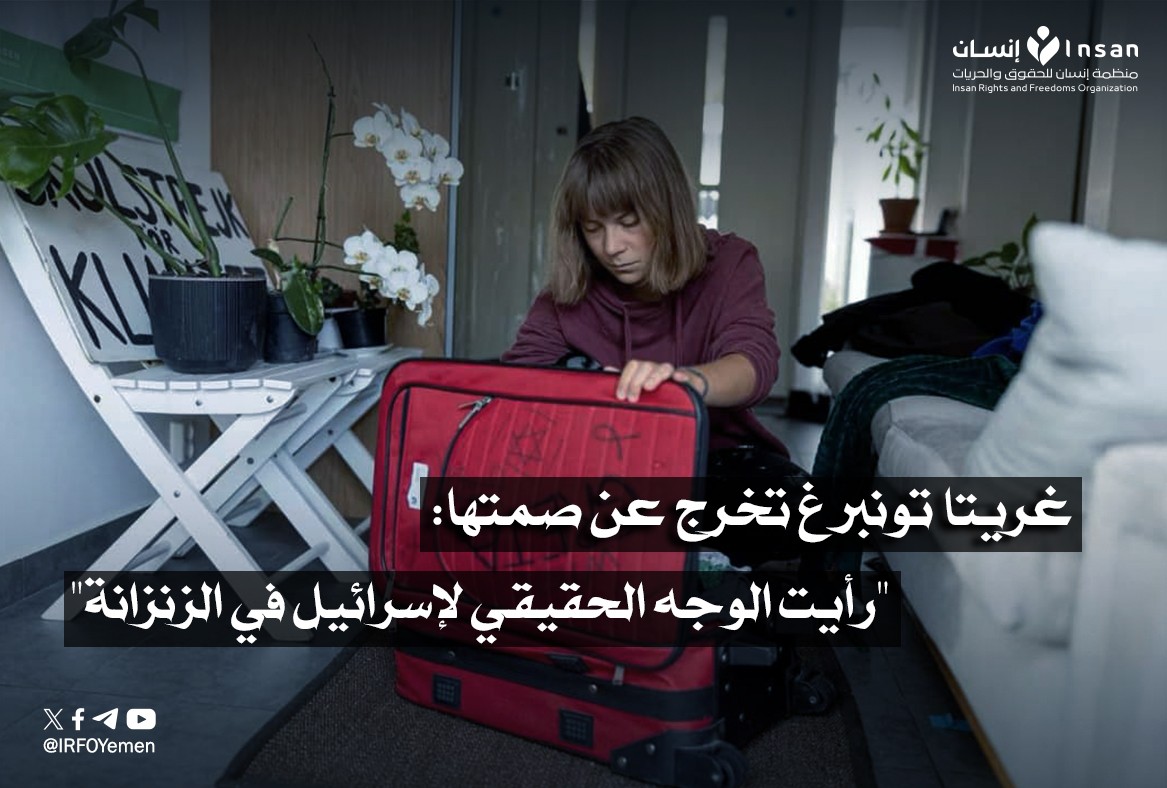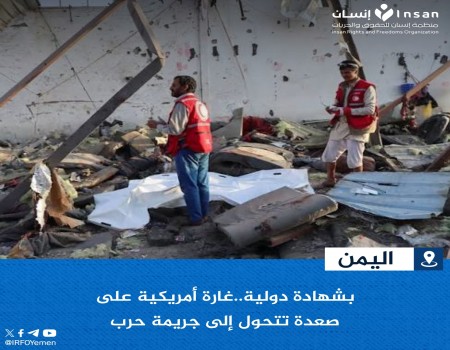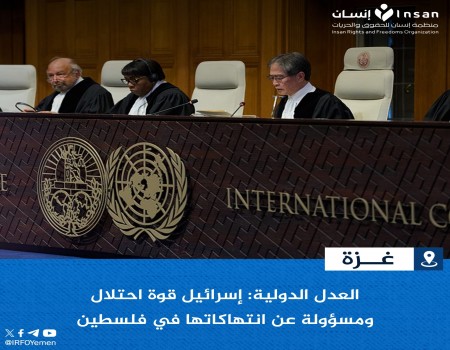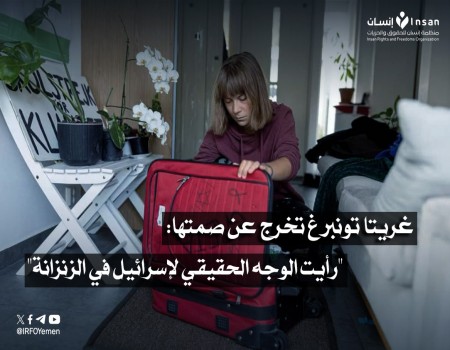Greta Thunberg never imagined that her trip to the Eastern Mediterranean to join the Global Freedom Flotilla—intended to break the siege on Gaza—would turn into one of the harshest experiences of her life.
The Swedish activist, known for her environmental protests, suddenly found herself behind bars, facing what she described as “humiliating and inhumane treatment” at the hands of Israeli occupation forces.
In her testimony, which sparked widespread outrage across human rights platforms, Greta said:
“They beat and kicked me several times. It wasn’t just an arrest—it was deliberate humiliation because we wanted to deliver medicine and food to the children of Gaza.”
Greta recounted that the Israeli guards didn’t stop at physical violence—they destroyed her belongings and scrawled degrading messages on her luggage, including obscene words and drawings of religious symbols. She added with sorrow:
“They wanted us to be afraid, to be silent. But all I could think about were the mothers waiting for us in Gaza.”
In further details, the activist revealed that Israeli authorities confiscated medicines and medical supplies belonging to other volunteers and threw them away, leaving some of them—who suffered from chronic illnesses—without treatment.
“They deprived us of water, food, and sleep,” she said. “They wanted to break our spirit before we even reached Gaza.”
The most frightening part, Thunberg explained, was the gas threat. One night, guards stormed the cells shouting:
“We’ll gas you if you don’t stop screaming.”
She described the moment as terrifying and shocking, especially since there were elderly people and women among them.
Behind those walls, Greta was not alone—she was with volunteers from 17 countries, all carrying one humanitarian message: to end the blockade on Gaza. But they emerged, as she put it, “with a deeper understanding of what occupation and systematic violence truly mean.”
Today, after her release, Thunberg speaks not only as an environmental activist but as a witness to human rights violations. She concludes:
“Gaza was not just a symbol of suffering—it became a mirror reflecting what the world hides behind its slogans of freedom and democracy.”
She added that her experience will push her to call for an international investigation into the treatment of international activists in Israeli prisons, affirming that “the voices of victims must not be buried behind walls.”
This is Greta Thunberg—the global activist known to cameras and platforms—who, in just a few hours, experienced a fraction of what the defenseless Palestinian endures every day behind bars.
So what about those who have no voice, no platform?
How many Palestinian prisoners have faced even worse?
How many have been stripped of their names, memories, and medicine in Israeli cells—far from the world’s sight?




